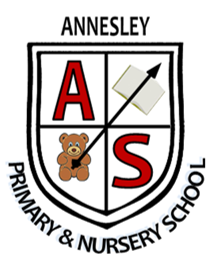Ages and Stages
Children at 3 to 4 years will usually be actively learning language and asking many questions.
Children develop skills at different rates, but by 4 years usually children will:
- Listen to longer stories and answer questions about a storybook they have just read
- Understand and often use colour, number and time related words, for example, 'red' car, 'three' fingers and 'yesterday / tomorrow'
- Start to be able to answer questions about ‘why’ something has happened, although this still might be at quite a basic level
- Use longer sentences and link sentences together
- Describe events that have already happened, even if their sentences aren’t exactly like adults’ e.g. 'we went park'
- Enjoy make-believe play
- Start to like simple jokes even if they don’t understand them
- Ask many questions using words like ‘what’ ‘where’ and ‘why’
- Still make mistakes with tense such as say 'runned' for ‘ran’ and 'swimmed' for ‘swam’
- Have difficulties with a small number of sounds – for example r, w, l, f, th, sh, ch and j
- Start to be able to plan games with others.
How to Support Your Child
There are lots of things you can do to encourage children at this stage:
- Have a special time to talk about the day. Talking about what has happened that day will help their memory skills. It will also help them to talk about things they cannot see and things that happened in the past which is an important skill for learning in school
- Wherever possible, use pictures, objects, puppets, acting, gestures and facial expressions. This will keep a child’s interest
- Talk about or play games involving opposites like 'on and off' or 'big and little'
- Join a child in pretend play. Let them take the lead. This will help their language and creativity. Talk about what they are saying and doing rather than asking lots of questions. Your commentary helps their language skills and shows you are listening and interested
- Reversing roles can be great fun for a child. Let them be the 'mummy' or the 'teacher'. This helps them to talk about new situations
- Play with and talk about sequences of coloured bricks or shapes, numbers and days of the week.
Things to Look Out For
By 3 and a half years old a child should be understood by people outside the family. If not, parents should seek advice from a speech and language therapist.
You should be concerned if:
- They are struggling to turn ideas into sentences
- The language they use is jumbled and difficult to understand
- They are unresponsive or slow to follow instructions.
